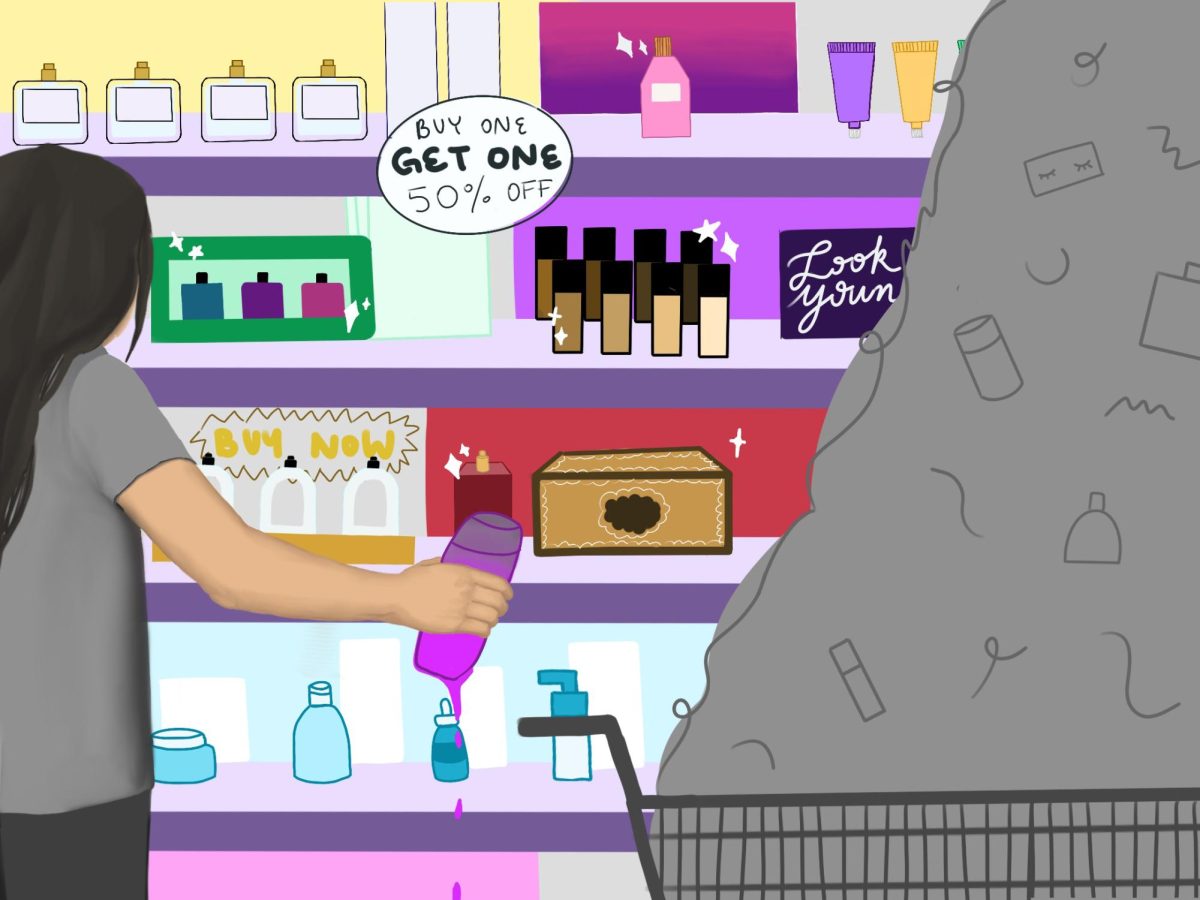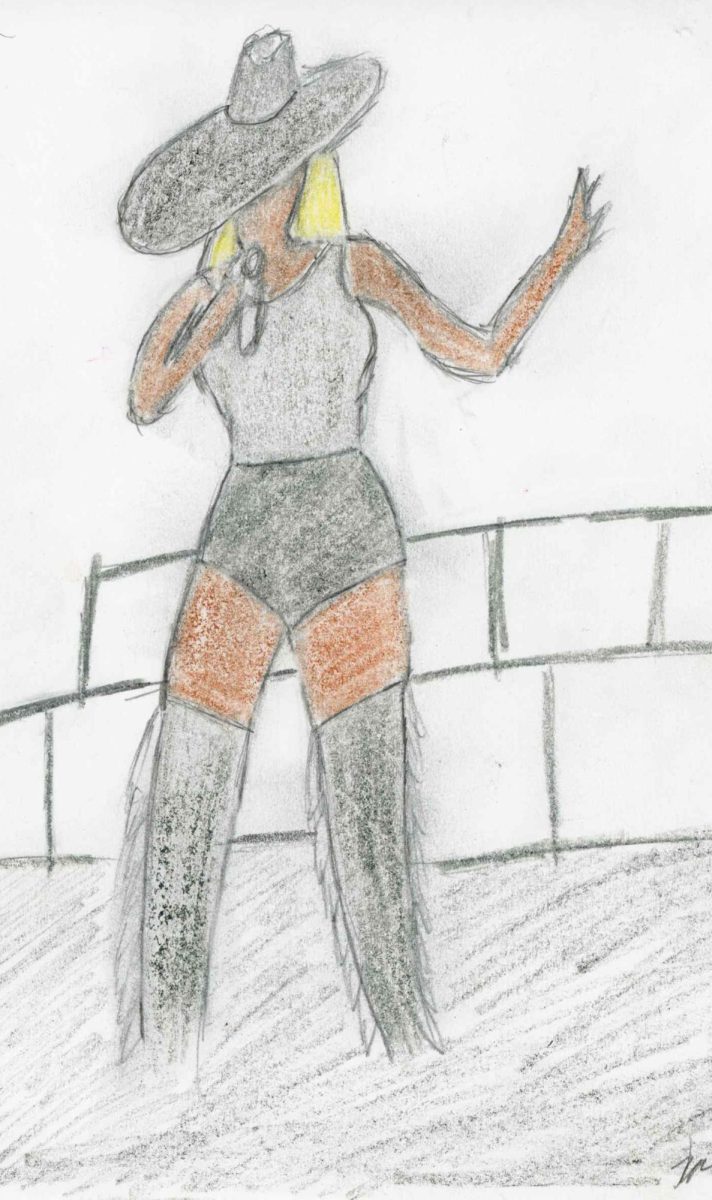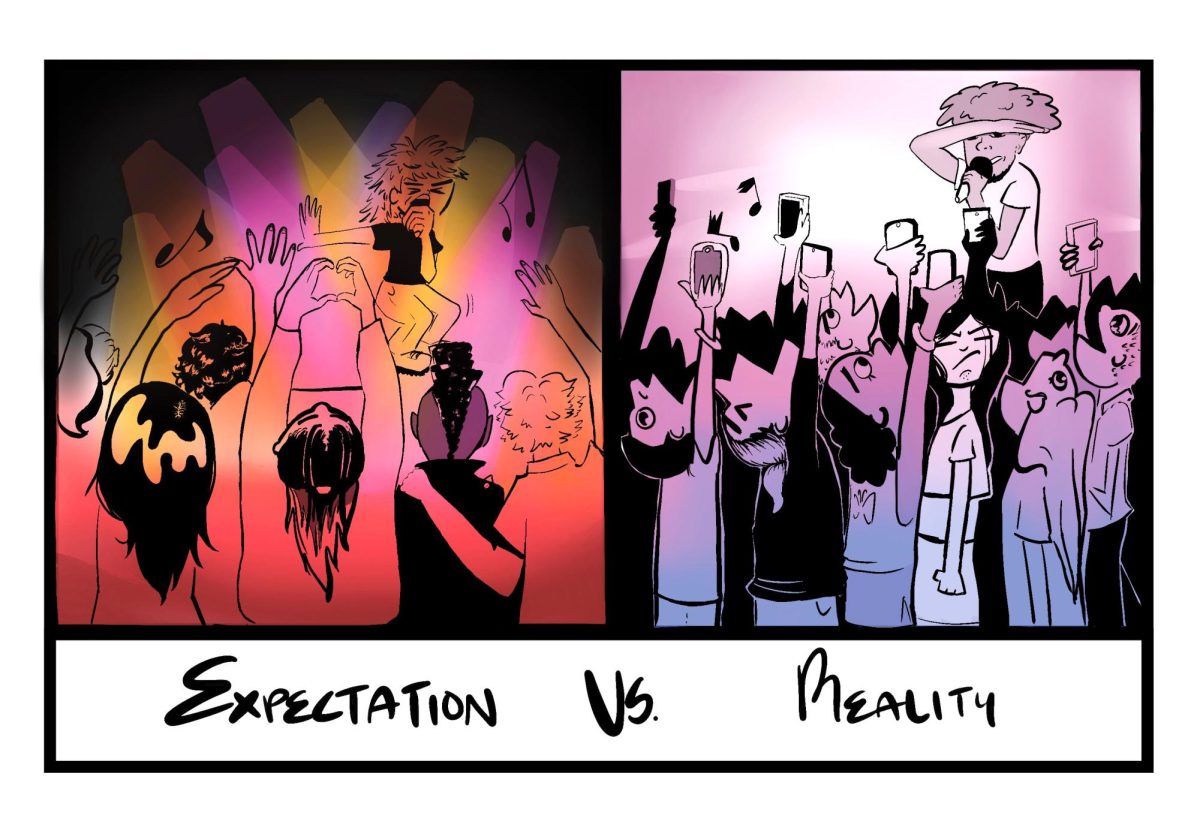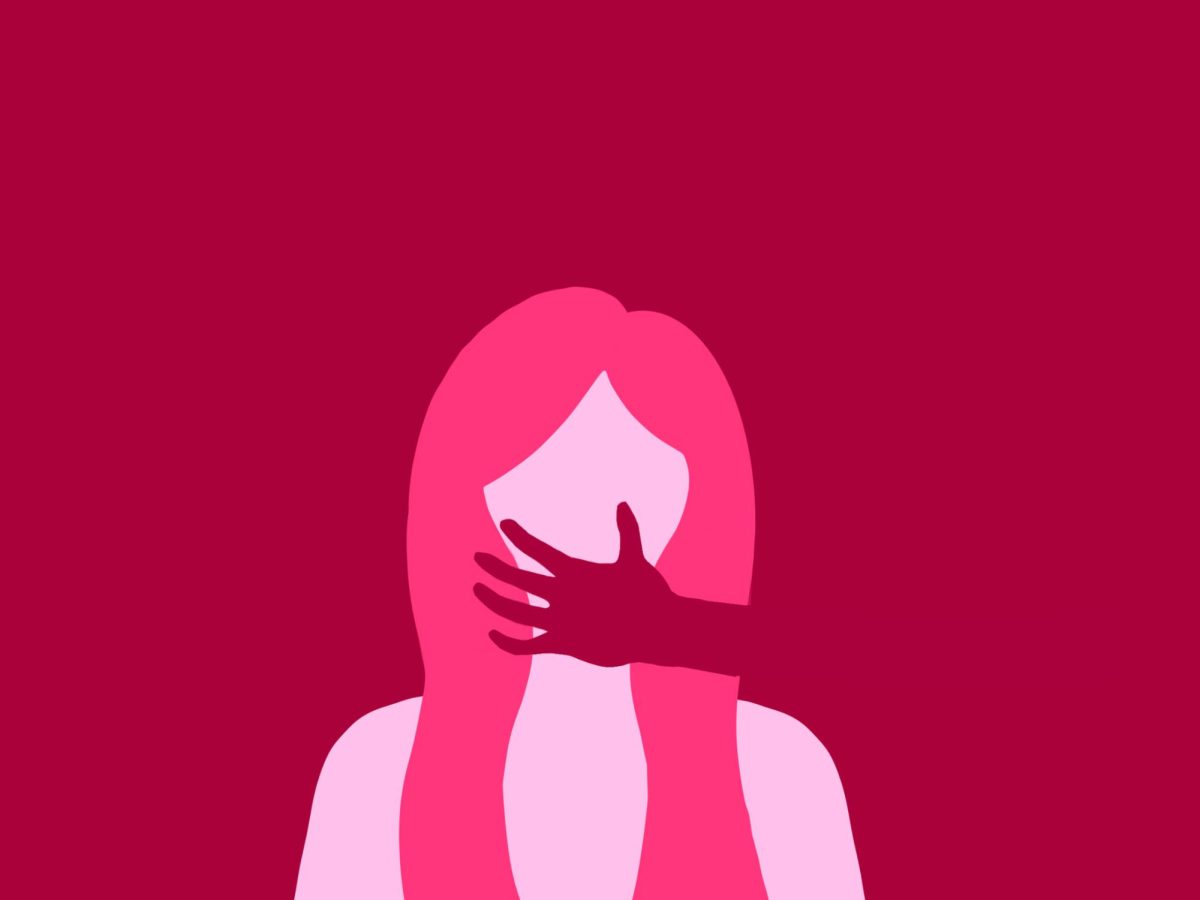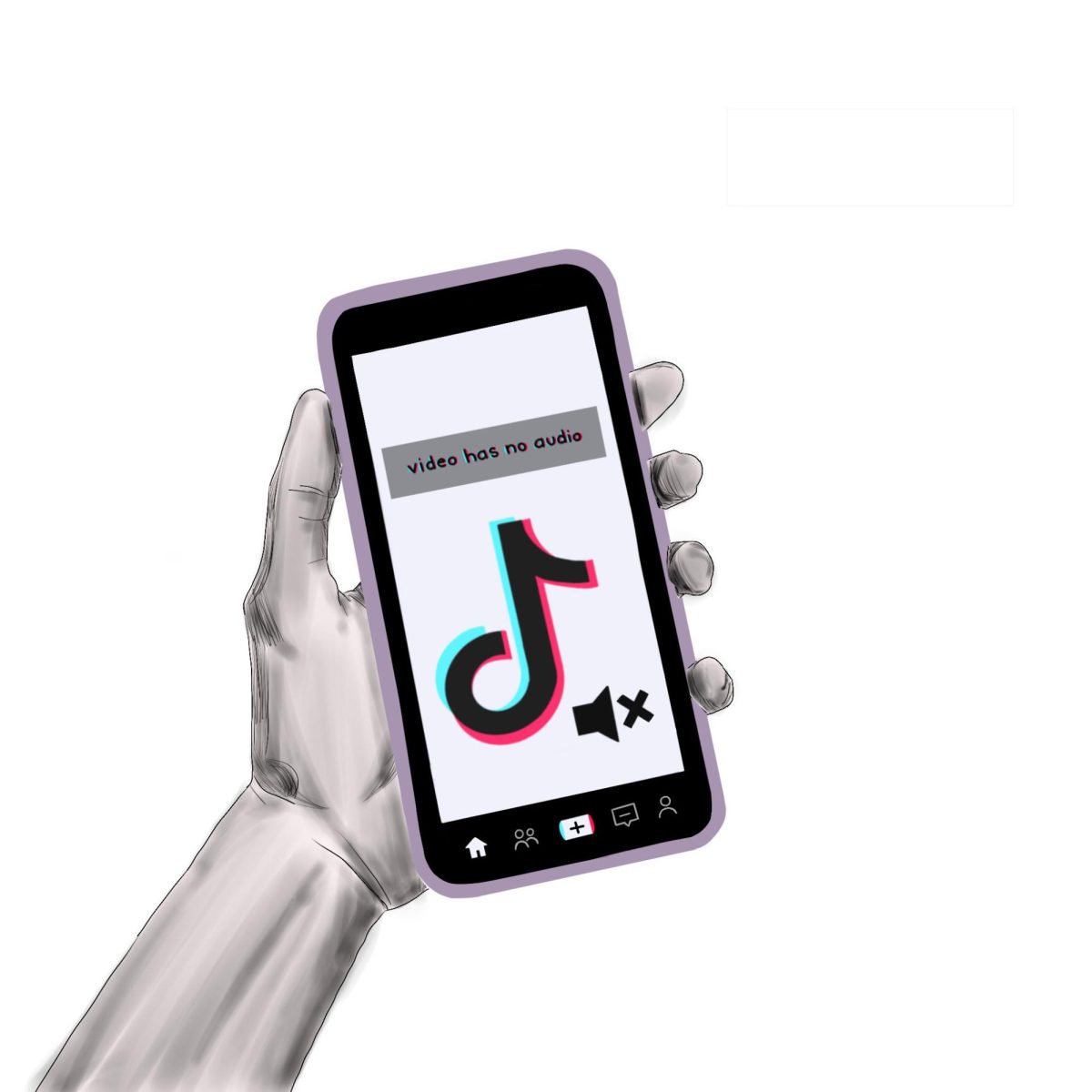By Rodney Blu
Managing Editor
I’ve recently tasked myself with conquering George Orwell’s “1984”. Not long into the commencement of the undertaking, my attention was derailed. My focus, inadvertently and without warning, steered from the mastery of Orwell’s language and structure and plowed into the disturbing parallels between his dark interpretation of the world of tomorrow and our seemingly unassuming present. What I learned in the first 82 pages of “1984” didn’t immediately contribute to my growing literary dexterity but to the subtle realization that Orwell’s fantasy of 1949 is a lot closer to reality than most are comfortable admitting.
Big Brother, George Orwell’s ubiquitous antagonist, represents totalitarian control. The world he governs is a dictator’s paradise – regulated and constantly monitored under the watchful eye of his subsidiaries. In Orwell’s dim prognostications, no single word, gesture and thought, even, is secret. His eyes and ears are everywhere and the length of his power is immeasurable, reducing the population to mindless drudges whose only conscious function is to extol Big Brother – to serve him.
What if I told you that Orwell’s fictional harbinger of the year Ronald Reagan was re-elected more closely resembled the world we inhabit now? What if everything from your name and date of birth to a map of the places you most often frequent and transcribed exchanges and interactions between you, your family and friends were being deposited into tens of thousands of servers in an information plant neighboring the headquarters of information and technology giants Intel and Applied Materials? That everything you say and do is being monitored and assessed by Big Brother? That you voluntarily submit to it? That you DEMAND it? Sounds like science fiction.
There are a few basic essentials that would cause us to halt our lives, turn around and retrieve were we to leave our homes without them. What almost instantly comes to mind is obvious: wallet, purse, keys, the latest edition of the Brookhaven Courier, etc. etc. and yes, your cellphone. How has man ever functioned without it? Here, in the complex mechanics of this simple, often palm-sized device, is our sole source of communication outside physical interaction. Where were we before we could call ahead, leave voice messages and text the ever ambiguous “;)”? In the past decade, the technology of these most accommodating machines has further enhanced cellular communication by providing access to media, pictures, videos and our favorite tunes; the internet, both the full and mobile versions; and most recently, the next step in sociological evolution, social networks – most prominently, Facebook.
In its not-yet nine-year tenure on the World Wide Web, Facebook has amassed a user base of over 900 million individuals – nearly half a billion of those active daily. With its access to friends, ease of use and depth of personalization, it makes sense that one of every 13 people on Earth has registered with The Social Network. The site has become a millennial extension of human interaction, a tool to further connect and relate to family and friends beyond physical borders and the once assumed limitless field of cellular communication. In a world of 4 billion cellular phones, Facebook’s mobile application and website allows smart phone users, a quarter of the total handhelds, to login anywhere in the world, providing access to its limitlessness from the palm of your hand. Essentially, Facebook has become synonymous with the aforementioned basic daily essentials. You’re a functioning addict, though, right?
According to statistics gathered by onlineschools.org, nearly half its registered population logs into Facebook as soon as they wake up in the morning, posting their thoughts, concerns and random blurbs in the form of statuses, wall posts and comments. DigitalBlogBuzz.com determined that in 2011, Americans spent an average of 2.7 hours socializing on their phones daily, including texting, using the Internet and search engines, playing games, social networking and yeah, the fifth most-used cellular function: making phone calls. Spending nearly an eighth of our daily existence buried into our inboxes and news feeds, it isn’t surprising that the information revealed by our posts and interactions have been used by companies to steer individually catered ads and that the FBI and FCC are now lobbying the likes of Facebook, Skype, Google and Yahoo for encrypted “backdoors for government surveillance”. You don’t share EVERYTHING on Facebook, though, right?
Among many of Facebook’s growing features includes: “checking-in” at locations, a Bing-powered tool that traces the user’s near-exact coordinates and shares the business, establishment or otherwise with friends; “tagging” friends in pictures which has recently experimented with cutting-edge face-detection technology that makes tagging much simpler; and an ever-growing registry of “like” pages – anything from sports teams, TV shows, books and shared tendencies (ex. “I love when a song describes exactly how you feel” like page) that indicate to your friends your particular interests. They couldn’t use that against me though, right?
It wouldn’t be fair to suggest that Facebook’s sudden prevalence in humanity spells out death to mankind’s security and freedom, at the moment. Although there’s a growing trend in Facebook-related job terminations and criminal arrests (see: thefacebookfired.wordpress.com), neither Mark Zuckerberg, co-creator and current chairman and CEO of Facebook, nor any of his colleagues have expressed ostensible diabolical intent with the power they currently possess. The implications of Facebook’s most recent move, though – filing for public stock – are a bit ominous. With every click and keystroke documented and accumulated in the infinite space of Zuckerberg’s compound, companies, agencies and organizations are becoming more and more aware of the profitability of personal information.
Maybe Big Brother isn’t nearly as intimidating and imposing as illustrated in the pages of George Orwell’s prophetic tale because that’s what we’d expect from a despotic and omniscient tyrant. Subjection of every facet of our lives to the all-seeing eye becomes a little easier to swallow when Farmville is so much fun!

